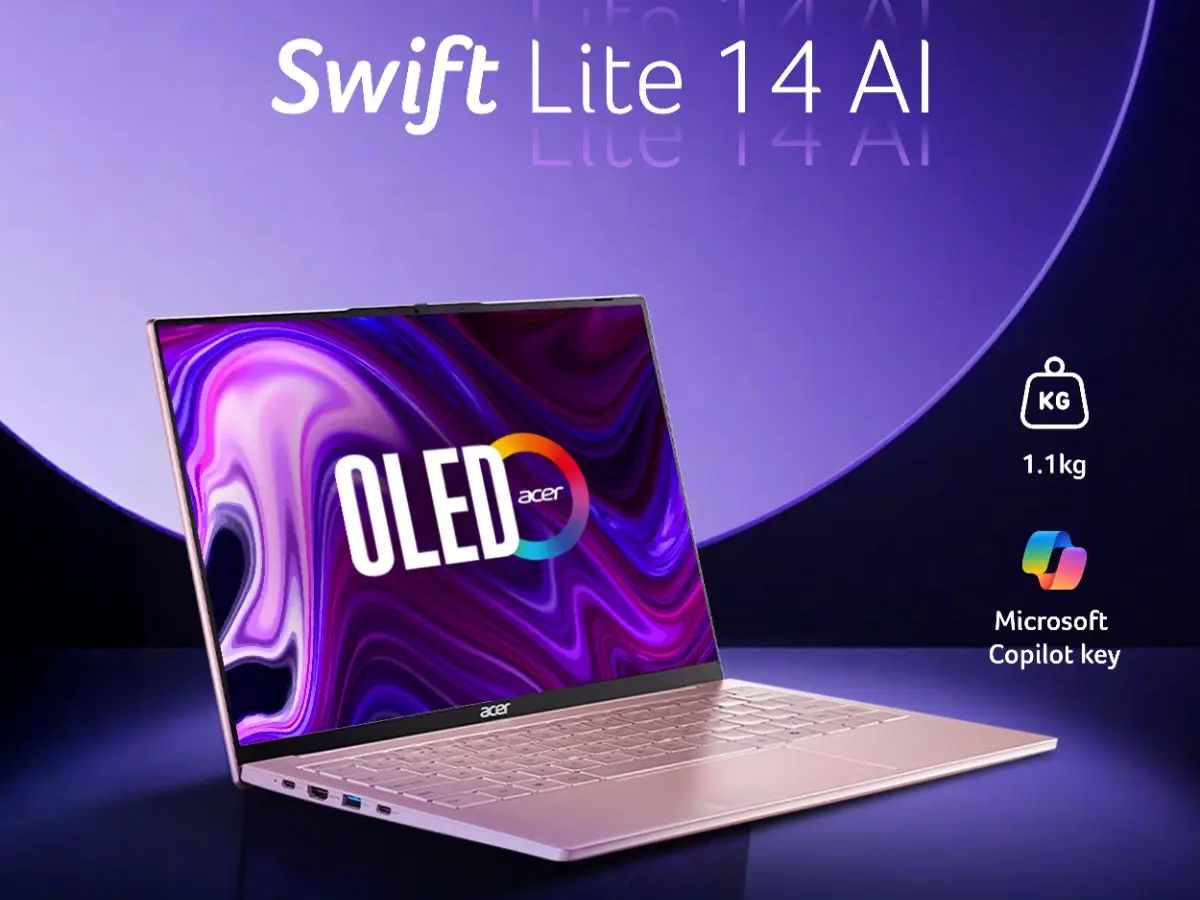Wabeh, a Kenyan buy-now-pay-later (BNPL) provider, paused operations with its vendor network in July, citing the need to “simplify its operational model.” The move follows growing claims of customer defaults, cash flow strain, and the lack of regulatory approval from the Central Bank of Kenya (CBK).
Founded to simplify smartphone ownership through flexible instalment plans, Wabeh’s model allows customers to purchase devices by paying a deposit and repaying the balance daily, weekly, or monthly. But defaults are growing.
A Nairobi-based retailer told that fewer than half of the 50 devices sold through Wabeh are being repaid. “Wabeh paid us upfront for those phones. But now they’re stuck waiting for money that may not come back,” the retailer said.
Wabeh has agreements with both retailers and device manufacturers. The stock sits with retailers, and when a customer requests credit for a phone, Wabeh steps in to finance the purchase. Customers typically pay 30% upfront, then repay the balance in instalments. Wabeh also has a separate arrangement with manufacturers like Transsion Holdings (maker of iTel, Infinix, and TECNO), sending them a small fee for every locked phone sold on credit.
Revenue comes from margins embedded in device pricing, not interest, which exempts the company from formal lending thresholds. But with rising non-performing loans and no deposit funding or structured credit facility, its cash position has deteriorated.
Devices sold via this arrangement are fitted with a firmware-level remote lock app to manage risk. If customers miss a payment, the phone becomes inoperable. Yet even this deterrent has proven insufficient, as some customers abandon payment after damaging the device or misjudging the cost burden. Wabeh lacks a digital lending licence, making it harder to follow up on defaults.
“People go in thinking it’s manageable,” said another vendor. “But KES 200 ($1.56) a day adds up fast, especially for informal workers.”
Wabeh did not respond to a request for comments.
Regulatory grey zone
Wabeh, like many BNPL operators in Kenya, operates in a regulatory grey zone. They offer instalment-based financing, but without interest-bearing loans that trigger licencing thresholds.
While traditional digital lenders are now under the Central Bank of Kenya’s (CBK) oversight, BNPL providers have slipped through the cracks until now. The Business Laws (Amendment) Bill, 2024, seeks to explicitly place BNPL under CBK’s purview, replacing terms like “digital credit” with broader language to capture asset financing and instalment-based models.
If passed, the bill will require BNPL firms to obtain digital credit licences, a hurdle Wabeh has yet to cross. CBK has already begun tightening enforcement since late 2021, publishing a registry of approved digital lenders and targeting unlicensed platforms.
In the absence of a licence, Wabeh cannot legally scale lending or recover capital efficiently. Meanwhile, customer complaints are growing, ranging from unclear pricing to aggressive lockouts for minor late payments.
“Even being late by a day can lock your phone,” said one borrower.
Despite Wabeh’s struggles, Kenya’s BNPL market remains growing. The industry was valued at $1.03 billion in 2024 and is projected to grow 13.6% to $1.18 billion in 2025, according to industry estimates. Yet, Wabeh’s pause highlights the operational and regulatory challenges facing BNPL startups without credit licences or diversified capital sources.
The startup has not confirmed when or if it will resume full operations. In the meantime, retailers and borrowers are left in limbo, and the future of asset-based BNPL in Kenya may depend on how the new regulatory framework takes shape.
Mark your calendars! Moonshot by is back in Lagos on October 15–16! Join Africa’s top founders, creatives & tech leaders for 2 days of keynotes, mixers & future-forward ideas. Early bird tickets now 20% off—don’t snooze! moonshot..com









